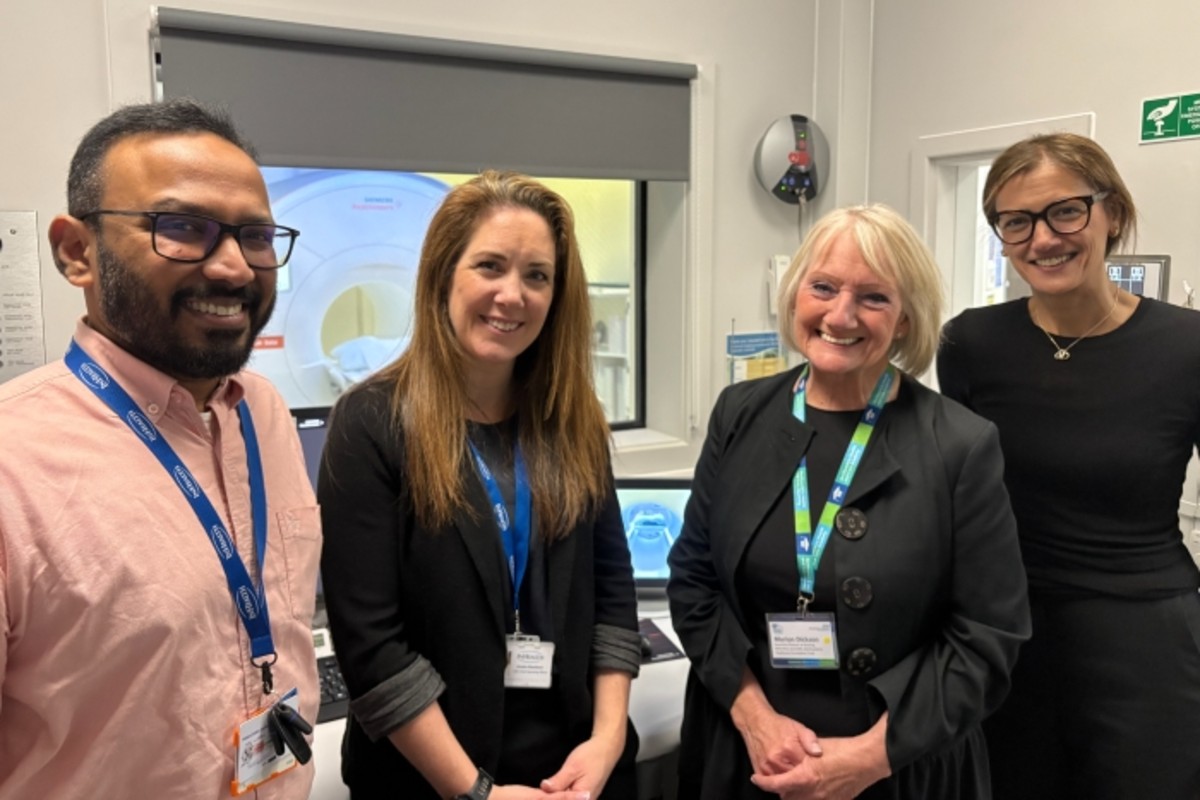The survey of RCP fellows and members also found that just 16% of responding doctors said they felt their workplace was very or somewhat prepared for extreme weather events, such as heatwaves or flooding.
These findings come as the Climate Change Committee wrote to the government this week warning the UK must prepare for ‘unprecedented' extreme weather events due to at least 2C of global warming by 2050. The letter comes after provisional data from the Met Office revealed 2025 will likely be the hottest UK summer since records first began in 1886.
The RCP is calling for urgent action to equip the NHS to adapt to climate-related events. This includes preparing staff and services to safeguard patients during extreme weather, while also strengthening systems to prevent disruption to care.
Dr Mark Harber, RCP special adviser on healthcare sustainability and climate change, said: ‘The hottest summer on record is not just an environmental milestone – it is a health emergency unfolding in real time.
‘The reality is the NHS cannot afford to treat climate change as a future problem. We are seeing its impact already and the NHS is simply not prepared for it.
‘The NHS must be supported to adapt to the effects of climate change. We urgently need investment in infrastructure, stronger workforce preparedness, and climate resilience built into every part of health and care. Otherwise, we risk our already stretched health service further overwhelmed by the impacts of climate change.'
Professor Mumtaz Patel, RCP president, added: ‘Our health service is already under extraordinary pressure. Rising demands and an overstretched workforce mean physicians are already working beyond their limits. Adding the growing health consequences of climate change to the mix, without proper planning, makes the system wholly unsustainable.
‘Physicians are doing everything they can for their patients, but the government must step up on adaptation with investment to tackle this issue, with clear planning and by providing practical support to ensure the NHS can meet the demands of today and prepare for tomorrow's challenges.'



